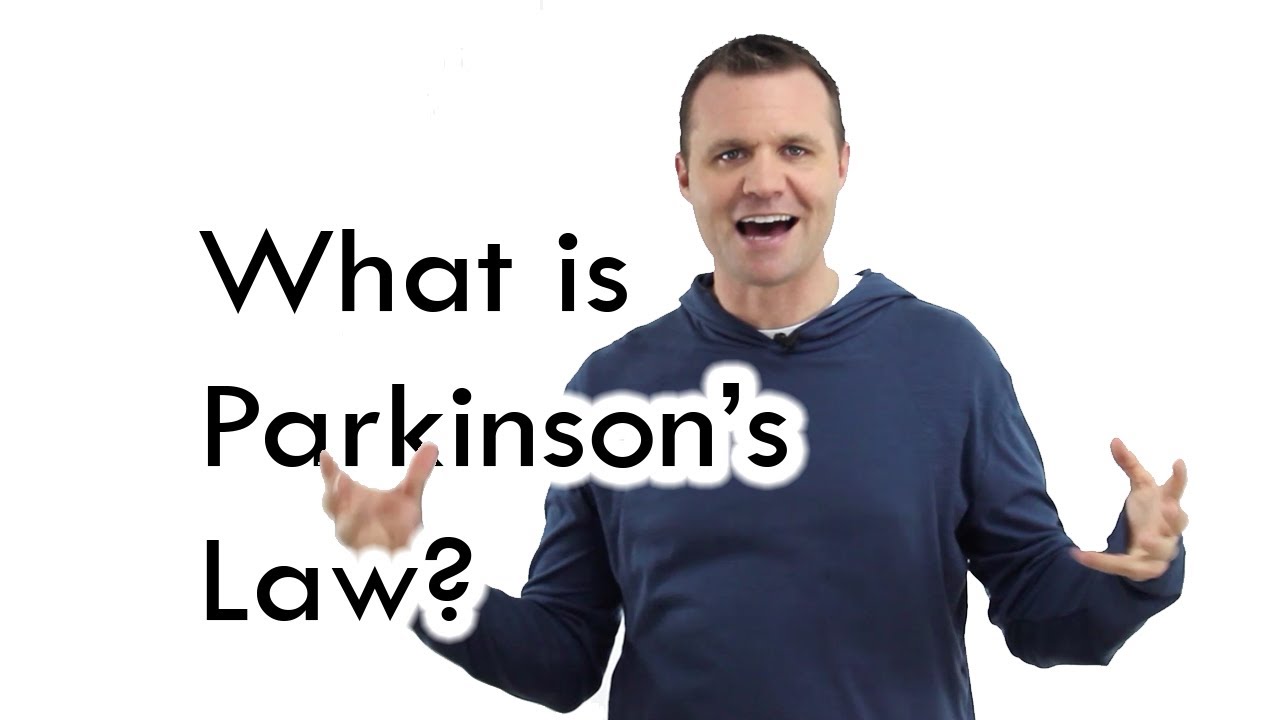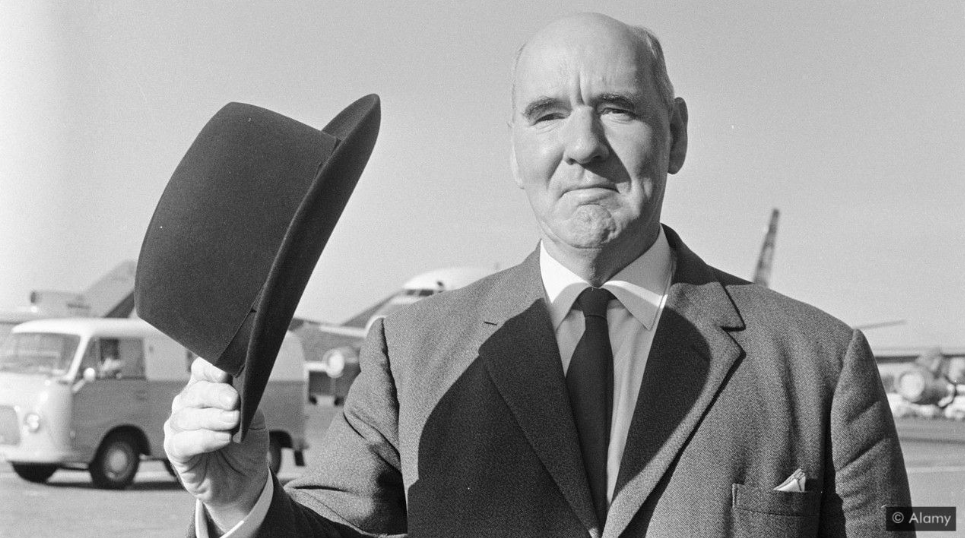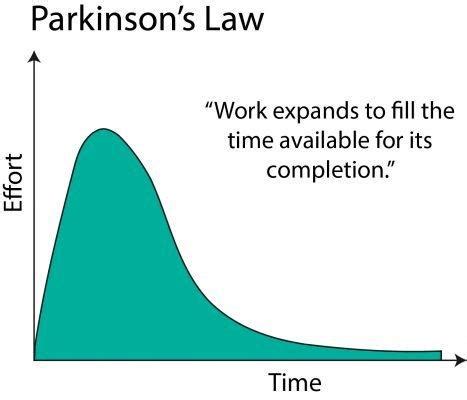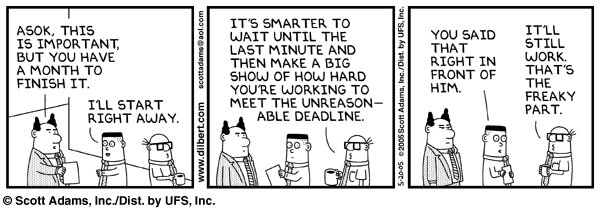 A British historian famously wrote that work expands to fill available time – but what was he actually saying about inefficiency?
A British historian famously wrote that work expands to fill available time – but what was he actually saying about inefficiency?
With offices closed in nations around the world, many of us are grappling with how to stay productive and on task as we work from home. To help provide insight on how to manage this, BBC Worklife is updating some of their most popular productivity stories from their archive.

“It is a commonplace observation that work expands so as to fill the time available for its completion.” British naval historian and author Cyril Northcote Parkinson wrote that opening line for an essay in The Economist in 1955, but the concept known as ‘Parkinson’s Law’ still lives on today.
I think about it ev ery time I have a deadline. How long it takes me to write a story will by and large depend on when my deadline is and how much time I have until then. In his somewhat satirical essay Parkinson uses the example of an elderly lady writing a postcard to her niece. Since she has nothing else to do with her time, the otherwise simple task takes up her entire day.
ery time I have a deadline. How long it takes me to write a story will by and large depend on when my deadline is and how much time I have until then. In his somewhat satirical essay Parkinson uses the example of an elderly lady writing a postcard to her niece. Since she has nothing else to do with her time, the otherwise simple task takes up her entire day.
Apparently, I’m not the only one for whom the notion rings true. ‘Parkinson’s Law’ took on a life of its own, forming the basis of several more essays and a book by Parkinson, leading to public lectures around the world.
But what fewer people know is that Parkinson’s original intent was not to take aim at old lady letter-writers or journalists like me, but at a different kind of inefficiency – the bureaucratisation of the British Civil Service. In his original essay he pointed out that although the number of navy ships decreased by two thirds, and personnel by a third, between 1914 and 1928, the number of bureaucrats had still ballooned by almost 6% a year.
There were fewer people and less work to manage – but management was still expanding, and Parkinson argued that this was due to factors that were independent of naval operational needs.

https://www.bbc.com/worklife/article/20191107-the-law-that-explains-why-you-cant-get-anything-done